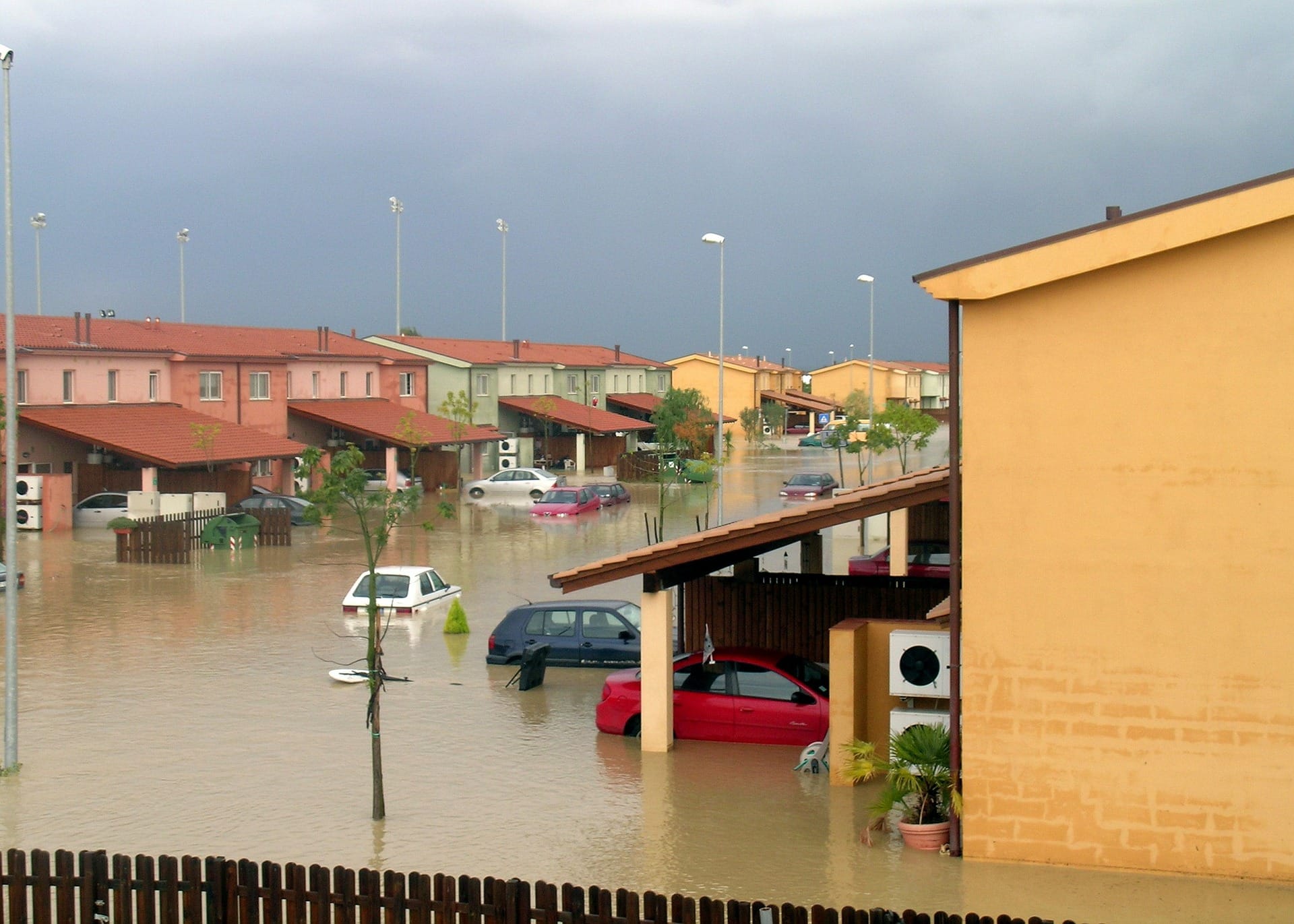- Winter storms can often bring property damage, requiring the property owner to file an insurance claim.
- Insurance companies have increasingly been demanding appraisal to resolve contested insurance claims.
- We generally do not like appraisal because we lose control of the claim and may be stuck with a bad result.
It was Groundhog Day last week. And Punxsutawney Phil saw his shadow – which means there will be six more weeks of winter for our friends up north. Here in Texas, unfortunately, we were hit with about sixty hours of brutal weather. And as far as I am concerned, that’s more than enough.
Much like Bill Murray waking everyday to Sonny and Cher, the news of a coming winter blast sent shivers down the spine of every Texan. We just could not deal with another meltdown like we had last year.
Well as I sit here writing in the middle of our winter weekend, I am once again sitting without hot water. That’s because I have an exterior tankless water heater and something is frozen out there. I am sure I will be disappointed but for now I am hoping that, when it thaws, it does not explode like last year.*
But if it does, I will have to once again file a claim with my insurance company. What was that like last year and what will it be like this year? That’s what we talk about this week.
What do You Need to do to File a Property Insurance Claim After a Storm
We have been over this before in this blog so I will not going into great details what you need to do to file a property insurance claim. But I do want to give the highlights.
The first step is to contact your insurance broker and get him or her to file a notice of claim with your insurance company. And please make sure that the language on the notice is broad and contains all of the possible damage and causes of that damage.
Once the Notice is sent to the insurance company, it has a very short time in which to respond. It is required by law to promptly respond and evaluate your claim. As a result, it will likely quickly accept or deny your claim and provide an estimate of the damages.
You do not, however, need to accept the insurance company’s estimate of damages. And while there are multiple ways to protest the insurance company’s valuation, today we are going to focus on appraisal.
Is Appraisal Right for Your Property Insurance Claim?
In the last few years, appraisal has gotten significantly more popular with insurance companies. Under a standard property insurance policy, either the insurance company or the property owner may demand appraisal if the parties cannot agree on the amount of damages. Once a party demands appraisal, both the insurance company and the property owner each separately appoint an appraiser who develops his or her own estimates of the damages. They will then try to work out between themselves what they think the damages should be.
If they cannot agree on the amount of damages, then they will need to hire a third, impartial umpire. The umpire will then also analyze and estimate the amount of damages. Once two of the three appraisers agree on what the damages should be, the claim is resolved for that amount.
What are the Pros and Cons of Appraisal?
Overall, we are not big fans of an appraisal process. I will explain why next but first lets look at the positives of appraisal.
The biggest potential benefit is speed. Assuming you have good appraisers involved, the appraisal process should not last longer than a few months for most property insurance claims. As a result, as a property owner you may be able to get the insurance company to fund the necessary repairs fairly quickly.
But the downside is that you are giving up all the control over the claim. You are completely at the mercy of the three appraisers – two of whom you did not hire. And if they decide that the claim is not worth what you think it should be worth, you are likely still stuck with the result of the appraisal.
As a result, we prefer to keep control of the claim and negotiate directly with the insurance company on your behalf. Sometimes that means going forward with litigation against the insurance company. And while that may take a little longer, it is often a better result for the property owner.
* Good News – the pipe explosion was small and my friendly plumber fixed it over the weekend.



